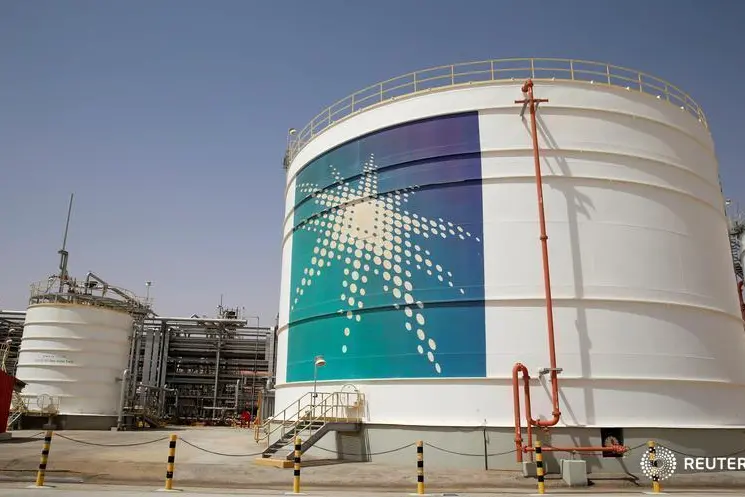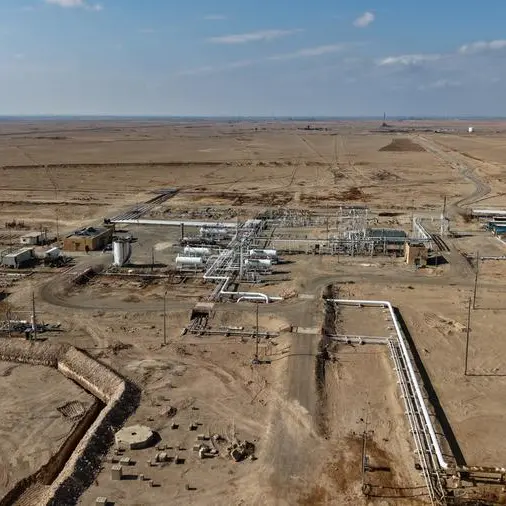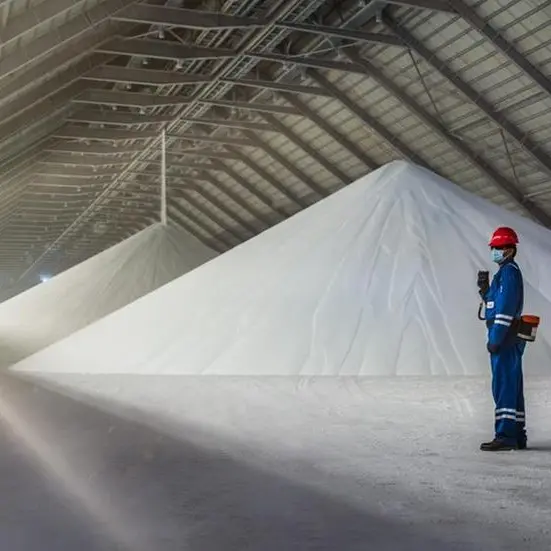PHOTO
Saudi Aramco plans to invest $7 billion, its biggest ever investment in South Korea, to develop a petrochemical steam cracker through its S-OIL affiliate as it ramps up its liquids to chemicals capacity to up to 4 million barrels per day.
The project, named Shaheen, will be one of the world's largest refinery-integrated petrochemical steam crackers, Aramco said in a statement on Thursday.
The new steam cracker in Lusan, which plans to use mixed feedstocks, will process by-products from crude processing, including naphtha and off-gas, to produce ethylene. The plant is also expected to produce propylene, butadiene and other basic chemicals. Upon completing the project, S-Oil's chemical yield could almost double in volume to 25%, the world’s biggest oil company said.
Aramco is a 63% shareholder of S-OIL, through its Aramco Overseas Company B.V. subsidiary.
The project is expected to start in 2023 and be completed by 2026.
Aramco President & CEO, Amin H. Nasser said the global petrochemical demand growth is set to accelerate, driven in part by rising consumption from Asia’s emerging economies.
"By further integrating refining and chemical processes through the first commercialization of Aramco’s thermal crude to chemicals technology, we aim to create a more efficient, competitive and sustainable platform for growth, while paving the way for further downstream expansion.”
Aramco said the project will utilize its Thermal Crude to Chemicals (TC2C) technology, the first commercial use of the process it developed with Chevron Lummus Global (CLG), a joint venture between CB&I and Chevron Inc.
A research note from Citi on thursday said the project could improve long-term competitiveness given the peaking of gasoline demand due to rising electric vehicle (EV) penetration and upgrade of low-value stream. "However, we expect China's PE self-sufficiency reaching ~80% by 2026E (2021: 60%) and import volume could decline to ~10mt per annum (2021: 16mt)."
There is also potential execution risk as S-Oil will build the first commercial-scale TC2C, although its huge cracker capacity could boast stronger economies of scale if operated smoothly.
(Reporting by Brinda Darasha; editing by Seban Scaria)





















